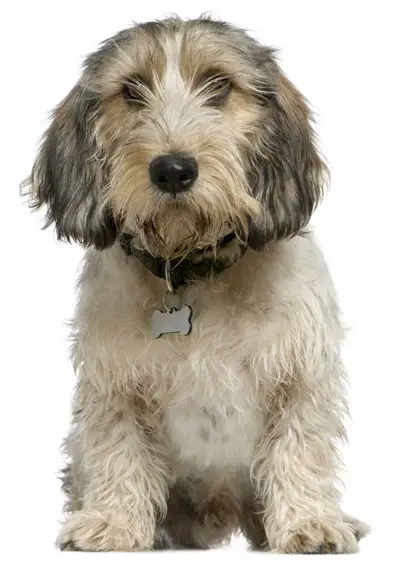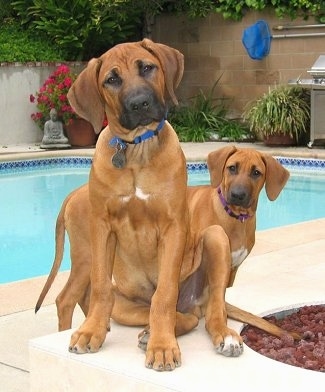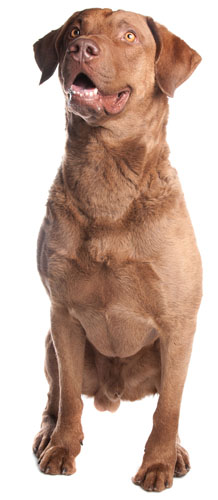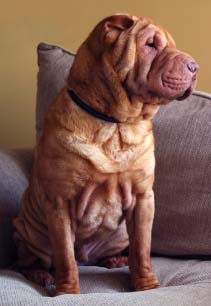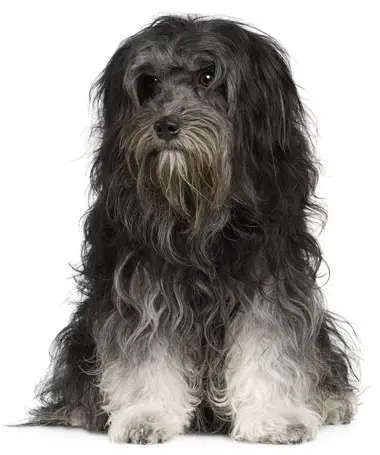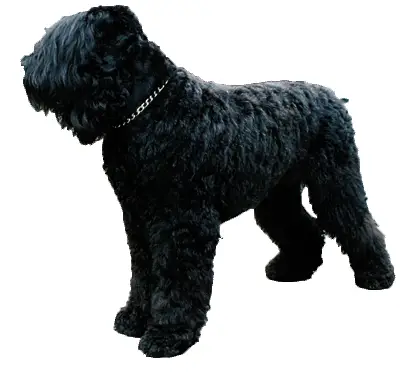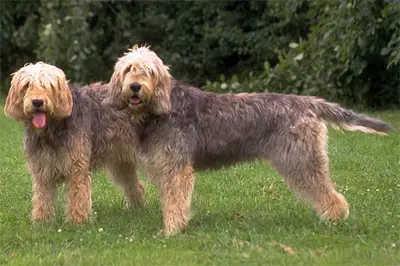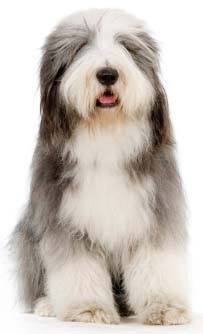
Askal = Asong Kalye (English = Stray dog)
It seems that the Shih Tzu breed is becoming quite a trend with dog owners lately. Just go to pet-friendly shopping centers like Eastwood City and Tiendesitas—you’ll see them everywhere. A few years ago, it was the Labrador Retriever popular in homes. That makes me wonder… Will there ever come a time when our very own native dog gain popularity among dog owners?
The native dog, commonly called the “askal” (a colloquial shortcut for “asong kalye,” which translates to “dog from the streets”), are usually looked down upon. Worse, they usually get intentionally run down by merciless drivers or taken to slaughter houses to be put to death and later eaten. Some people think they’re expendable since they don’t have pedigrees worth thousands of pesos. Heck, even some breeders who claim to be “dog lovers” look down upon the native dogs.
They may not have pedigrees to boast about, but native dogs are as smart and as loyal as any other dog breed.
Spike, our dog pack’s alpha male, is a native dog. He’s been with us for more than 10 years already, and I wouldn’t be exaggerating if I said he’d die for us if he had to. Spike is closest to my younger sister, Joyce. Joyce is schizophrenic. She’s OK now, but there was a time when she was still throwing violent tantrums.
Spike kept watch at my sister and made sure that she was ok. He even slept near her—near enough to see what she’s doing, but far enough from her reach just in case she had another tantrum. I can clearly remember a time when he saved my sister from hurting herself. We were all asleep, and had no idea that Joyce was already having a violent tantrum. Spike woke us all up, and took us where Joyce was. If it weren’t for him, we don’t know what could have happened.
A few years ago, I’ve seen a feature on TV about a native dog who can perform incredible tricks. And saw a different one on a magazine. Now, you can’t say that these dogs aren’t smart—because obviously, they are.
Loyalty? Of course, the native dog can be very loyal. They love their masters to the hilt—and would remain loyal to them till death. Honestly, I rather think that sometimes a native dog is more loyal than some of the more stubborn purebreds.
Let’s give the Philippine native dog the recognition it deserves, shall we? Be proud of being a native dog owner!


 Gentle, devoted, and eager to please their owners, Spinone Italianos are excellent family pets for those with the space and the time to dedicate to these animals. They are well suited to inexperienced dog owners as well as those with experience, and their intelligence means that training should not prove too much of a challenge. The Spinone Italiano is fairly quick to learn and very responsive, with a sociable attitude. These dogs have real strength of character, and whilst they can be playful and entertaining can also be very sensible, laid back, and even serious. Early socialization is recommended for the Spinone Italiano in order to promote and stable and confident temperament. He does need a lot of attention and exercise, and being a large dog will also need plenty of space.
Gentle, devoted, and eager to please their owners, Spinone Italianos are excellent family pets for those with the space and the time to dedicate to these animals. They are well suited to inexperienced dog owners as well as those with experience, and their intelligence means that training should not prove too much of a challenge. The Spinone Italiano is fairly quick to learn and very responsive, with a sociable attitude. These dogs have real strength of character, and whilst they can be playful and entertaining can also be very sensible, laid back, and even serious. Early socialization is recommended for the Spinone Italiano in order to promote and stable and confident temperament. He does need a lot of attention and exercise, and being a large dog will also need plenty of space. 
